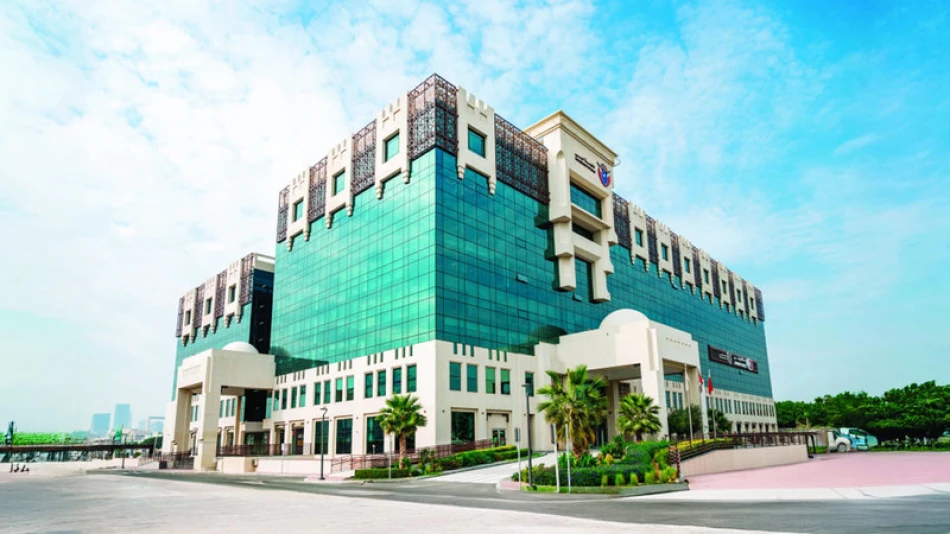
Asian man accidentally floors gas pedal, tragically striking woman in freak accident
Dubai Court Awards $13,600 in Additional Damages After Fatal Pedal Mix-up Accident
A Dubai civil court has ordered an additional 50,000 dirhams ($13,600) in compensation to the family of an Asian woman killed when a driver mistakenly hit the accelerator instead of the brake pedal, mounting a sidewalk and striking her at a bus stop. The ruling comes on top of the 200,000 dirham blood money already awarded by a traffic court, highlighting how UAE's dual legal system allows families to pursue comprehensive damages beyond initial criminal penalties.
The Incident and Initial Criminal Proceedings
The tragic accident occurred when an Asian national, driving in Dubai, lost control of his vehicle due to what investigators determined was a pedal error. The car surged against traffic direction, mounted the sidewalk, and fatally struck a woman waiting at a designated bus stop area.
Dubai's Public Prosecution initially referred the case to the traffic court, which found the driver guilty of negligent driving. The criminal court imposed a 10,000 dirham fine, suspended his driving license for six months, and ordered him to pay the full Islamic diyya (blood money) of 200,000 dirhams to the victim's heirs.
Civil Court Seeks Broader Compensation
Unsatisfied with the criminal court's financial remedy, the victim's family filed a separate civil lawsuit against the driver, his insurance company, and his employer. They initially sought 500,000 dirhams in damages, arguing for compensation covering material, moral, psychological, and emotional harm, plus 12% annual interest from the filing date.
Legal Strategy and Precedent
The family's legal approach reflects a sophisticated understanding of UAE's parallel court system. While criminal courts focus on punishment and basic restitution, civil courts can award broader damages for pain, suffering, and economic loss. This dual-track strategy is increasingly common in the UAE as legal awareness grows among expatriate communities.
Court's Reasoning and Insurance Implications
The Dubai Civil Court ruled that families retain the right to seek additional compensation beyond blood money, particularly when the deceased was the sole breadwinner. The court emphasized that insurance companies must cover policyholder liability, including both diyya payments and supplementary damages to heirs.
The court's decision establishes several key principles:
• Civil compensation rights exist independently of criminal court diyya awards
• Insurance coverage extends to comprehensive damages, not just blood money
• Proof of financial dependency strengthens compensation claims
• Final criminal convictions bind civil courts on liability questions
Broader Implications for Road Safety and Legal Practice
This case arrives as the UAE intensifies road safety campaigns amid rising traffic volumes. Pedal confusion accidents, while statistically rare, often result in severe outcomes due to the sudden, uncontrolled acceleration involved.
From a legal perspective, the ruling reinforces the UAE's commitment to comprehensive victim compensation while maintaining its Islamic legal framework. The court's willingness to award additional damages beyond diyya suggests an evolving interpretation that balances traditional Islamic law with modern tort principles.
Insurance Market Response
For UAE insurers, this decision signals potential increased exposure in fatal accident cases. Companies may need to reserve more aggressively for civil court awards beyond standard diyya payments, particularly in cases involving sole breadwinners or families with clear economic dependency.
The ruling also underscores the importance of comprehensive motor insurance coverage, as employers can face joint liability for employee-caused accidents during work activities. This joint liability principle, common in UAE law, ensures multiple avenues for victim compensation while spreading financial risk across responsible parties.
Most Viewed News

 Sara Khaled
Sara Khaled






